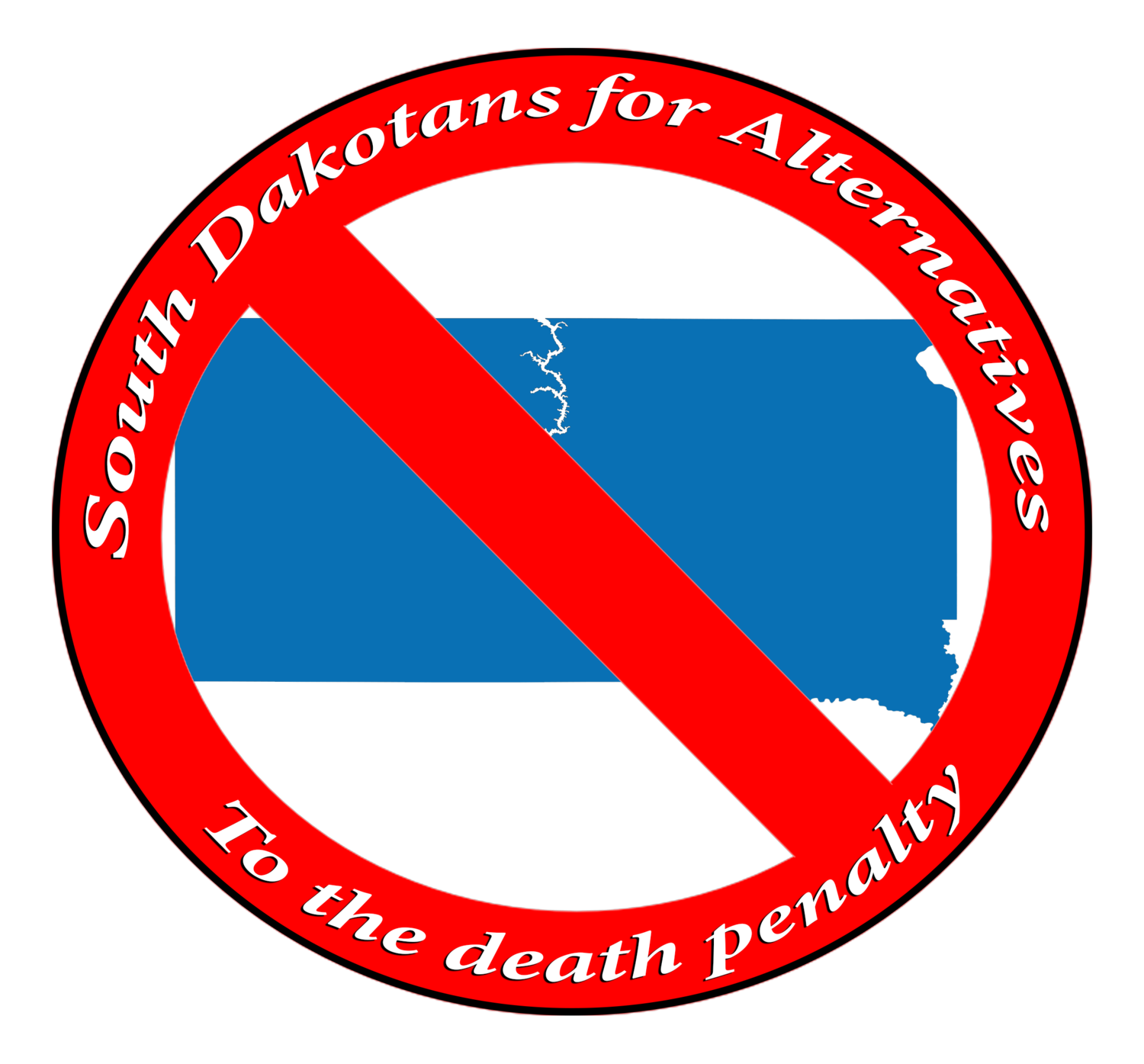[Note: this piece appeared as a Letter to the Editor in the Sioux Falls Argus Leader. It was written by Rosalie Little Thunder, a Sicangu Lakota, environmental activist, and board member of the South Dakota Peace & Justice Center.]
When I ponder different challenges facing us as people, the memory of my grandfather’s or one of my parents’ voices visits my consciousness to help me. This time, concerning the heavy concept of the death penalty, it is grandfather’s voice I remember. “Tokic’unpi sni yo. Tuwa taku sica waecun hantans toksa okaksan ku na he wankiglakin ktelo. Toyec’unpi hantans takuskanskan kuseyatunpi na niye ca he yak’inpi ktelo,” he said, perhaps half a century ago. In terms of human history, that wasn’t that long ago. He was born in 1895 and was a window to the cosmology of the ancestors.
In my weaker English translation, he said, “Do not seek vengeance. Whosoever does bad, eventually, it will turn back around and he will realize the consequence. If you avenge yourself, you will interfere with spiritual justice and therefore, you will carry the burden.”
I didn’t take that to mean that we shouldn’t have laws and consequences. There are those whose consciences don’t work, are a danger and should be locked up. However, for human beings to reach the point of having such authority over life and death, I believe, is overstepping our bounds into the realm of spiritual justice.
There is a song about being Lakota, that it is a hardship. Lakotapi ki otehike. It doesn’t mean that we are born into poverty as lesser beings. It does mean that to be a true Lakota, you must strive for a higher order of discipline. It means that you must be quiet and humble when your ego wants to cut loose, that you look out for your relatives when your time is short and your bank account is grim. Further back, in my grandfather’s and ancestors’ days, it meant that when someone took a life, then he must assume that person’s relationships and responsibilities. Can you even imagine that?
I cannot even begin to understand the anguish of the victims’ families. It must be horrendous. I mean no disrespect to them, but would it be more merciful to put someone to death than to be imprisoned for life? When someone loses a child or another loved one to horrible violence, that in itself must be hell, but to be given an opportunity to influence or participate in an execution is something that should not compound the anguish.
I’ve asked my family that if my life were ever taken, then I do not want the death penalty for my life-taker. I would not want to contribute to the deterioration of human integrity. I would not wish that upon my family. I would wish for them to forgive and live in peace.
